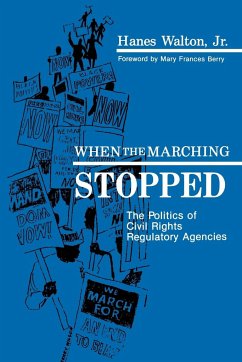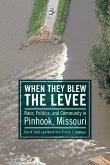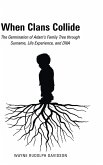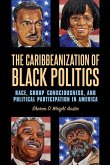This book takes the "next step" in the study of the civil rights movement in the United States. To date, the vast majority of books on the civil rights movement have analyzed either the origins and philosophies, or the strategies and tactics of the movement. When the Marching Stopped is the first comprehensive and systematic study of the various civil rights regulatory agencies created under Titles VI and VII of the 1964 Civil Rights Act. The development of these agencies and the subsequent attainment of regulatory power is certainly one of the most significant achievements of the movement. Walton begins with the creation of the regulatory agencies in 1964 under President Johnson, and continues to describe and evaluate them through the Reagan presidency, exploring the creation, structuring, staffing, financing, and attainments of these agencies. The book also compares the work of these "new" civil rights regulatory agencies with earlier efforts ranging from Reconstruction to the late 1930s and early 1940s. An introduction by Mary Frances Berry adds important insights to Walton's monumental efforts.
Hinweis: Dieser Artikel kann nur an eine deutsche Lieferadresse ausgeliefert werden.
Hinweis: Dieser Artikel kann nur an eine deutsche Lieferadresse ausgeliefert werden.








